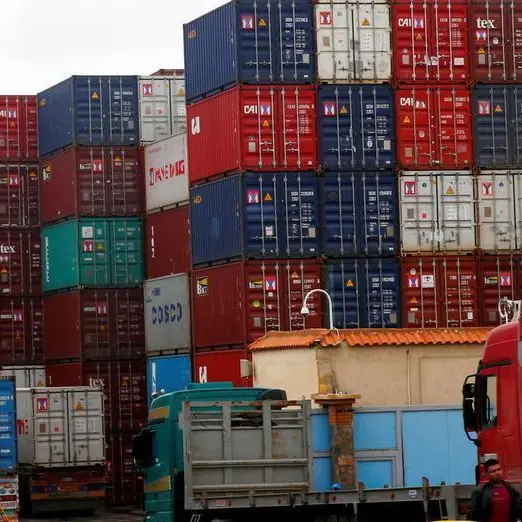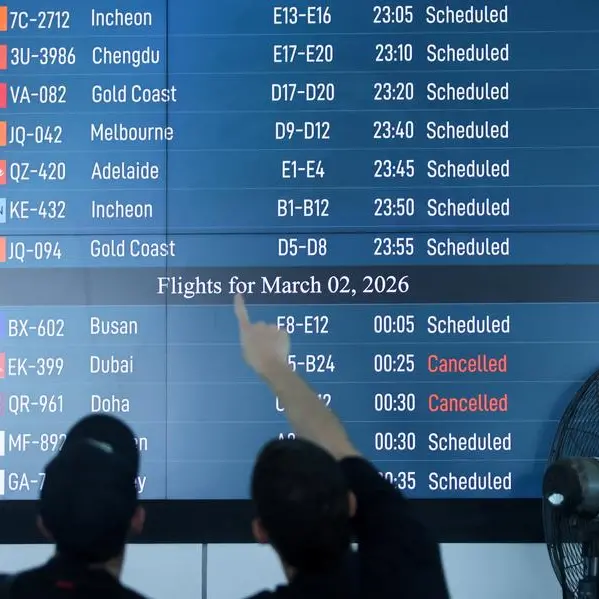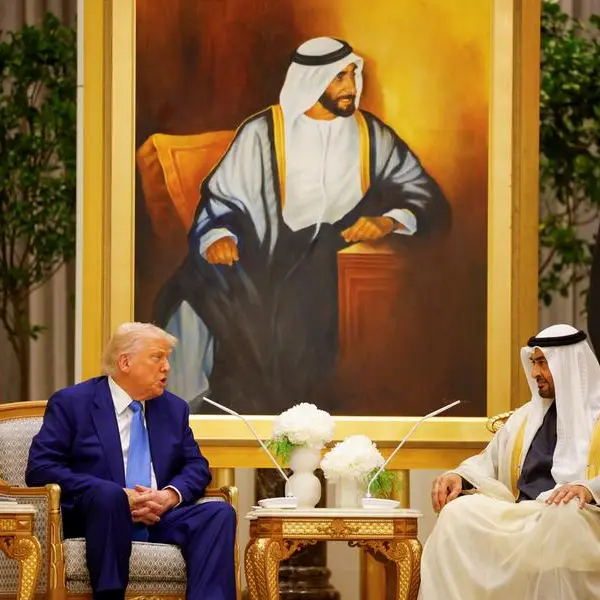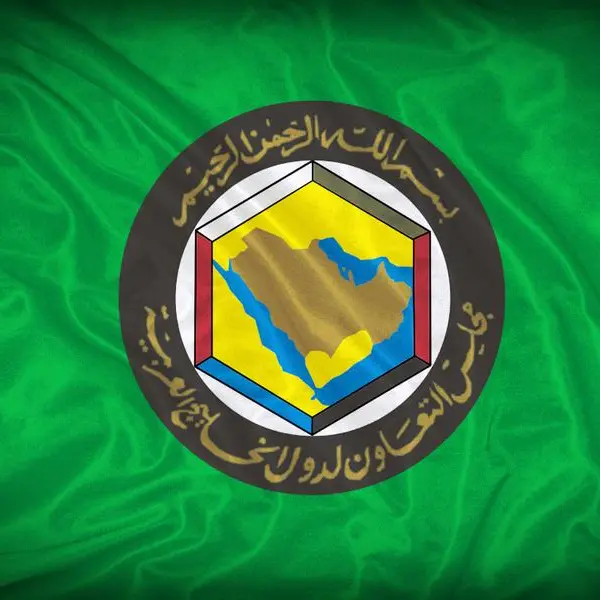10 May 2016
Muscat: Oman's budget deficit as per cent of gross domestic product (GDP) will remain unchanged at 17.1 per cent this year, despite cut in subsidies and capital investment, a senior official of the International Monetary Fund (IMF) said. This is against 17.6 per cent of GDP last year.
"The authorities have taken bold measures to limit the impact of the fall in oil prices on the fiscal deficit, including cutting spending on wages and benefits, subsidies, defense, and capital investment by civil ministries. These measures are projected to reduce expenditures in 2016 by $4.5 billion (or 8 per cent of GDP); however, these savings will be largely offset by the projected drop in hydrocarbon revenues, resulting in a deficit broadly unchanged at 17.1 per cent of gross domestic product (relative to 17.6 percent of GDP in 2015)," said Allison Holland, who lead an IMF team for a consultation with Omani authorities between April 24 and May 4.
He added that the sustained impact of these measures, combined with the planned increase in corporate income tax from 2017 and the introduction of value added tax (VAT) in 2018, will narrow the fiscal deficit over the medium-term. The current account deficit, estimated at 18.7 percent of GDP in 2015, is also expected to persist, though declining, through the medium-term.
Non-oil GDP
"Despite the robust policy actions taken so far, the sustained decline in oil prices has adversely affected Oman's economy. Non-hydrocarbon real GDP growth is estimated to have moderated to 4 percent in 2015, and is projected to slow further in 2016. However, it is expected to pick-up over the medium-term as fiscal consolidation provides space to maintain priority government capital spending and oil prices recover modestly."
Continuing to build on current efforts to enhance the business climate could improve future growth prospects further. Inflation is projected to remain low.
"To maintain fiscal sustainability and support the exchange rate peg over the medium- to long-term, further gradual fiscal adjustment is needed starting 2017. Further fiscal reform would also reduce borrowing costs and support higher growth. This adjustment should be anchored by a medium-term fiscal framework, and could include phasing out remaining subsidies, further containing recurrent government expenditures, and the introduction of excise duties on specific goods. Covering the fiscal deficit will require a mix of domestic and external borrowing, coupled with drawing down government financial assets. The authorities should continue to strengthen their framework for debt and asset management to ensure financing needs are effectively managed."
Banking system
The Omani banking system is highly capitalised and profitable. However, liquidity conditions have tightened and banks' funding costs are increasing. The Central Bank of Oman will continue to monitor the situation closely and stands ready to take corrective action should risks materialise. The exchange rate peg to the US dollar continues to serve Oman well, noted Holland.
"The decline in the oil price has underscored the need to accelerate economic diversification and to increase the role of the private sector. Enhancing the business environment, improving government efficiency, and passage of the Foreign Investment Law will facilitate increased private sector investment," added Holland.
Raising the quality of education will enhance nationals' employment opportunities in the private sector. Further progress in developing the small and medium enterprise (SME) sector could help generate jobs and increase non-hydrocarbon exports.
Muscat: Oman's budget deficit as per cent of gross domestic product (GDP) will remain unchanged at 17.1 per cent this year, despite cut in subsidies and capital investment, a senior official of the International Monetary Fund (IMF) said. This is against 17.6 per cent of GDP last year.
"The authorities have taken bold measures to limit the impact of the fall in oil prices on the fiscal deficit, including cutting spending on wages and benefits, subsidies, defense, and capital investment by civil ministries. These measures are projected to reduce expenditures in 2016 by $4.5 billion (or 8 per cent of GDP); however, these savings will be largely offset by the projected drop in hydrocarbon revenues, resulting in a deficit broadly unchanged at 17.1 per cent of gross domestic product (relative to 17.6 percent of GDP in 2015)," said Allison Holland, who lead an IMF team for a consultation with Omani authorities between April 24 and May 4.
He added that the sustained impact of these measures, combined with the planned increase in corporate income tax from 2017 and the introduction of value added tax (VAT) in 2018, will narrow the fiscal deficit over the medium-term. The current account deficit, estimated at 18.7 percent of GDP in 2015, is also expected to persist, though declining, through the medium-term.
Non-oil GDP
"Despite the robust policy actions taken so far, the sustained decline in oil prices has adversely affected Oman's economy. Non-hydrocarbon real GDP growth is estimated to have moderated to 4 percent in 2015, and is projected to slow further in 2016. However, it is expected to pick-up over the medium-term as fiscal consolidation provides space to maintain priority government capital spending and oil prices recover modestly."
Continuing to build on current efforts to enhance the business climate could improve future growth prospects further. Inflation is projected to remain low.
"To maintain fiscal sustainability and support the exchange rate peg over the medium- to long-term, further gradual fiscal adjustment is needed starting 2017. Further fiscal reform would also reduce borrowing costs and support higher growth. This adjustment should be anchored by a medium-term fiscal framework, and could include phasing out remaining subsidies, further containing recurrent government expenditures, and the introduction of excise duties on specific goods. Covering the fiscal deficit will require a mix of domestic and external borrowing, coupled with drawing down government financial assets. The authorities should continue to strengthen their framework for debt and asset management to ensure financing needs are effectively managed."
Banking system
The Omani banking system is highly capitalised and profitable. However, liquidity conditions have tightened and banks' funding costs are increasing. The Central Bank of Oman will continue to monitor the situation closely and stands ready to take corrective action should risks materialise. The exchange rate peg to the US dollar continues to serve Oman well, noted Holland.
"The decline in the oil price has underscored the need to accelerate economic diversification and to increase the role of the private sector. Enhancing the business environment, improving government efficiency, and passage of the Foreign Investment Law will facilitate increased private sector investment," added Holland.
Raising the quality of education will enhance nationals' employment opportunities in the private sector. Further progress in developing the small and medium enterprise (SME) sector could help generate jobs and increase non-hydrocarbon exports.
© Times of Oman 2016




















